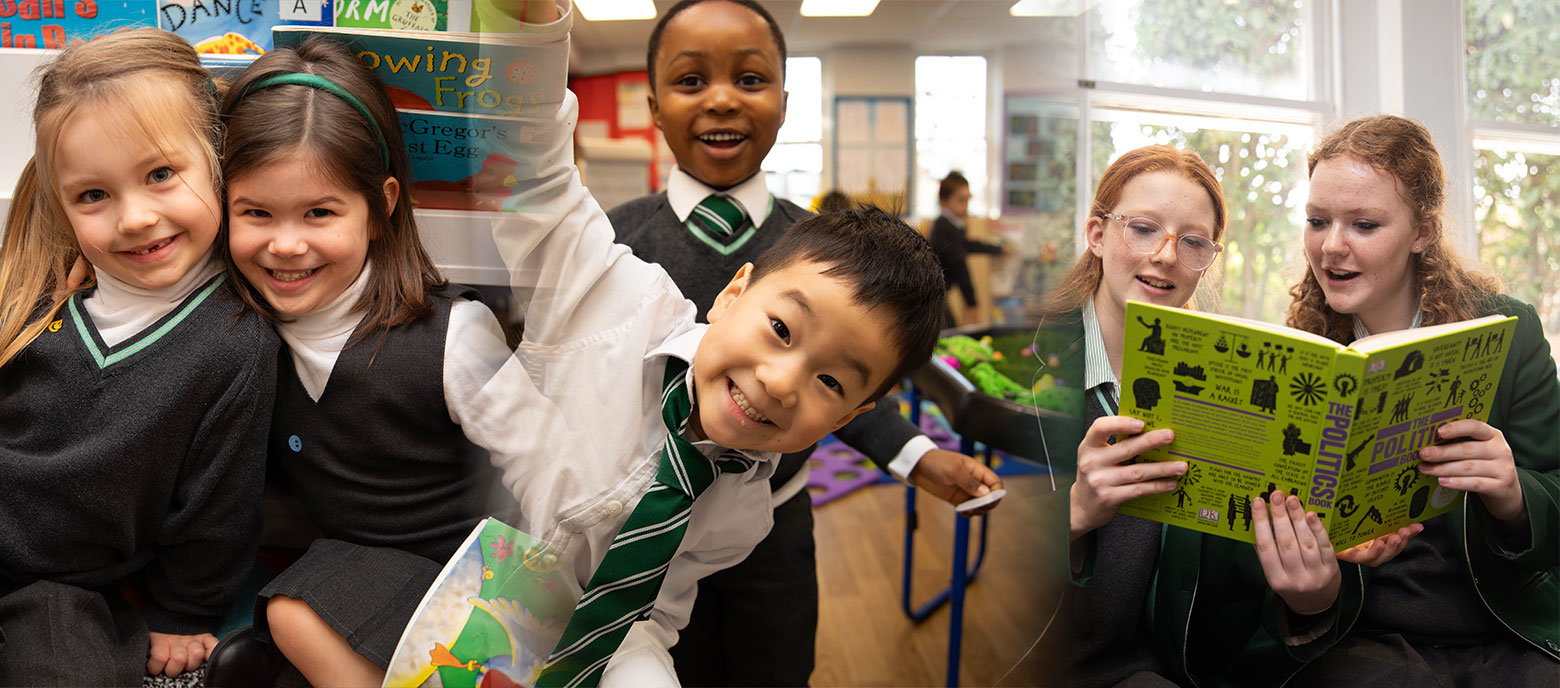If the last few months have taught us anything, it is what we thought was true of our values and behaviours of the past, may not now be true or may be slightly obscured by the COVID-19 lens.
In January I was fortunate enough to be selected along with Clemmie Stewart to present a TEDx talk on what we entitled ‘Trampoline Parenting’. The premise of the talk was based on our experiences of over forty combined years in educational leadership posts including over a decade in Headship. We perceive that parents have become more demanding and increasingly over protective of their children. This included, but is not exclusive to, completing children’s homework, writing to schools demanding their children be awarded prizes and accolades beyond what is reasonable and even bribing schools into awarding scholarships. Within the talk we advocated that parents need to let their children go, let them fly, let them make mistakes, and learn from these mistakes rather than pushing back at their child’s school when mistakes are made and make excuses for their child’s misgivings.
As a Principal, I was the first to advocate this. As a parent, I fully appreciate the challenges and disappointments of your own children coming up short and not reaching your own expectations. During lockdown all families have had to manage daily life with their children with them in the house full-time; with many families trying to balance working from home and home schooling. During the first few weeks it may have seemed like fun; for me it lasted almost a day before it became more of a challenge than amusement! As a teacher by trade, you expect your own children to respond in a positive, even way when you are trying to help them; but alas this was not the case! Upon reflection, I should have remembered this from when I attempted to teach my daughter basic phonics. She would deliberately pronounce things in her own way and insist I was wrong. Twelve years later and little has changed. My fifteen year old not only proposed, but confirmed my ineptitude concerning GCSE Physics. As such it was easy to be a trampoline parent. Let them jump, let them fall; be there to catch them.
A few weeks into lockdown and online exams and assessments loomed and I didn’t want them to do badly. I didn’t want them to fail and I certainly didn’t want to be the parent facilitated this failure. As such I found myself downloading past papers, drawing up revision schedules, colour coding them and sticking them up on bedroom walls. Furthermore, I cancelled all evening bike rides and substituted any downtime for revision time. Their exams became my exams. Was it COVID-19 that brought out the ‘Snowplough Parent’ in me? Was it because my children were home everyday or was it that I actually had this mindset?
Over the quarantine period, I have found that, while promoting trampoline parenting, I have encountered an inner hypocrisy; whilst we must allow our children to learn through failure, it may feel against the natural parental feelings of nurturing success. As parents, it is difficult to see your child fail, as it may feel as though your own values and method of parenting are being assaulted and judged. You may feel as though your child is not growing, pushed back by failure and unable to continue; this is not the case. If a child is not awarded first prize at the end of term for languages or receives a below average mark in a Maths test, it is not their failure. It is not the school’s failure. In fact, it is not a failure at all; for many set backs and failures are stepping stone to greater things. Your child is growing, if not through success, then through the lessons learnt from failure. Over quarantine we have all seen the snowplough parent within, whether through the child’s failure, or through the parent’s natural desire to provide joy and success to their child.
In conclusion, throughout parenthood, not just quarantine, we constantly battle the age old question: nature versus nurture. We must learn to reach a compromise, as both methods will teach the child success; but the experience of failure is vital in the development of character, personality and morality. Extended time with your children provokes these ideas, as well as many others. Confronting these questions will make you a better person, parent, and role model for your child and those around you. Trampoline parenting is perhaps easier to do when the structures of normal life, including school, are in place!
I end with a quote from Mary Pickford:
Failure is not the falling down, but the staying down.
Encouraging your child to persevere through failure is at the core of good character, and exceptional personality.
If you’d like to find out more about trampoline parenting, visit www.trampolineparenting.co.uk.
Categories: Whole School



